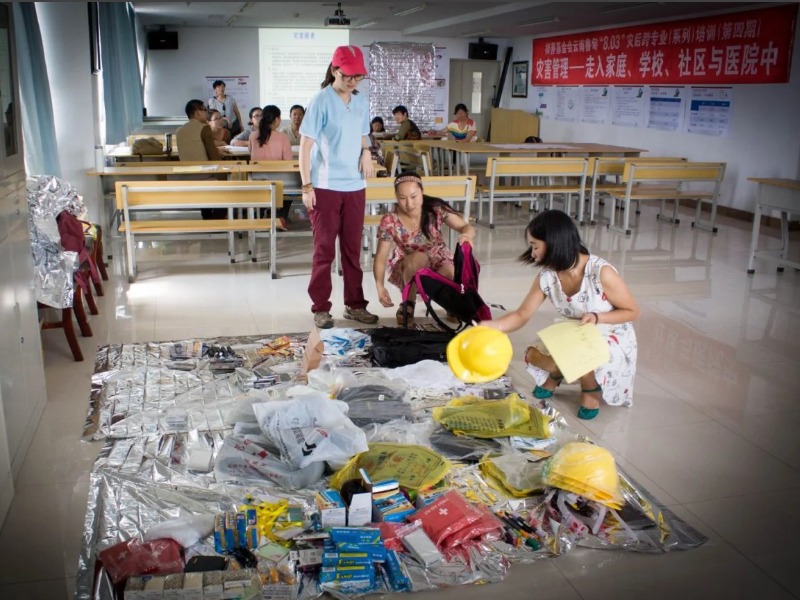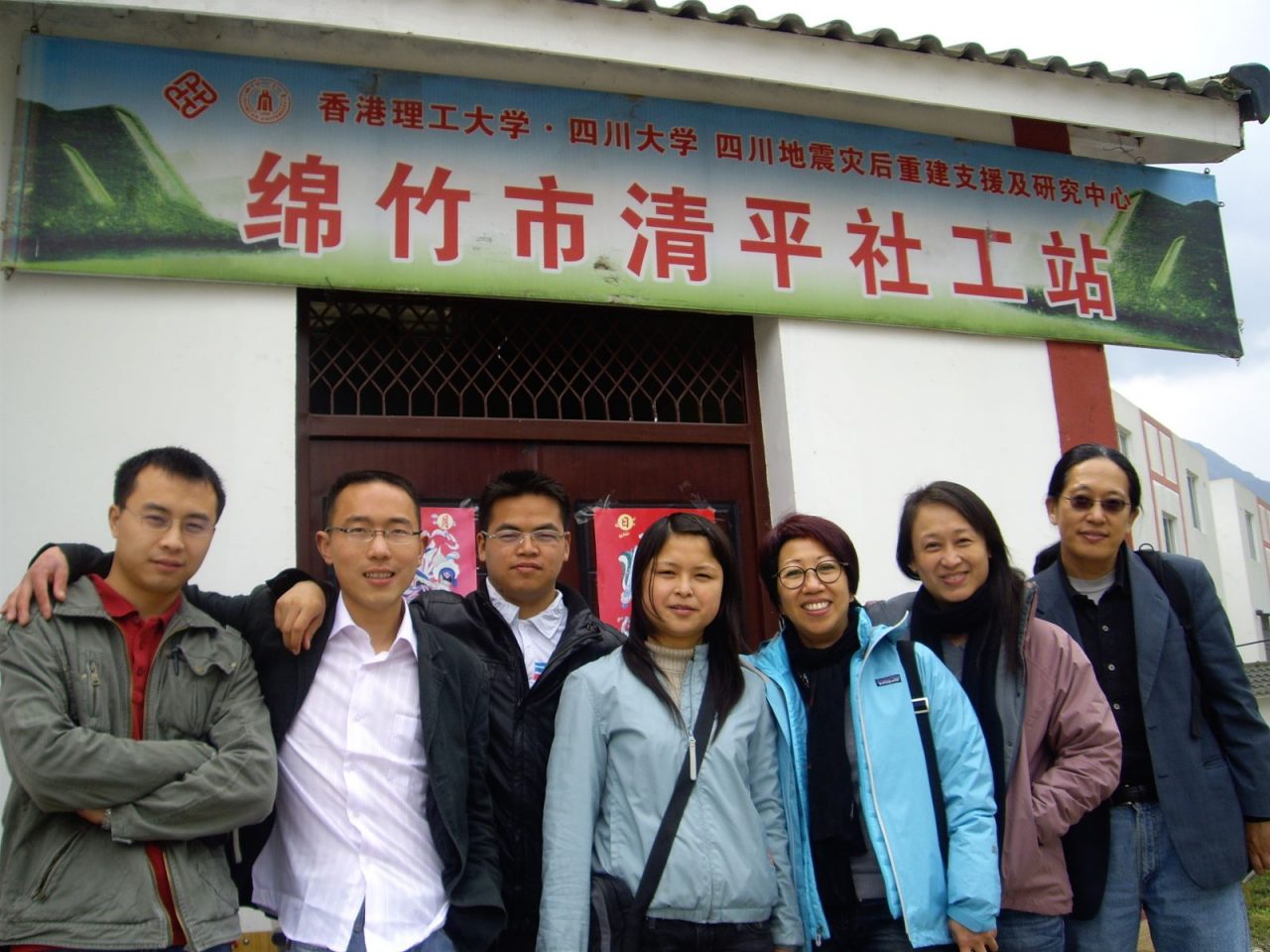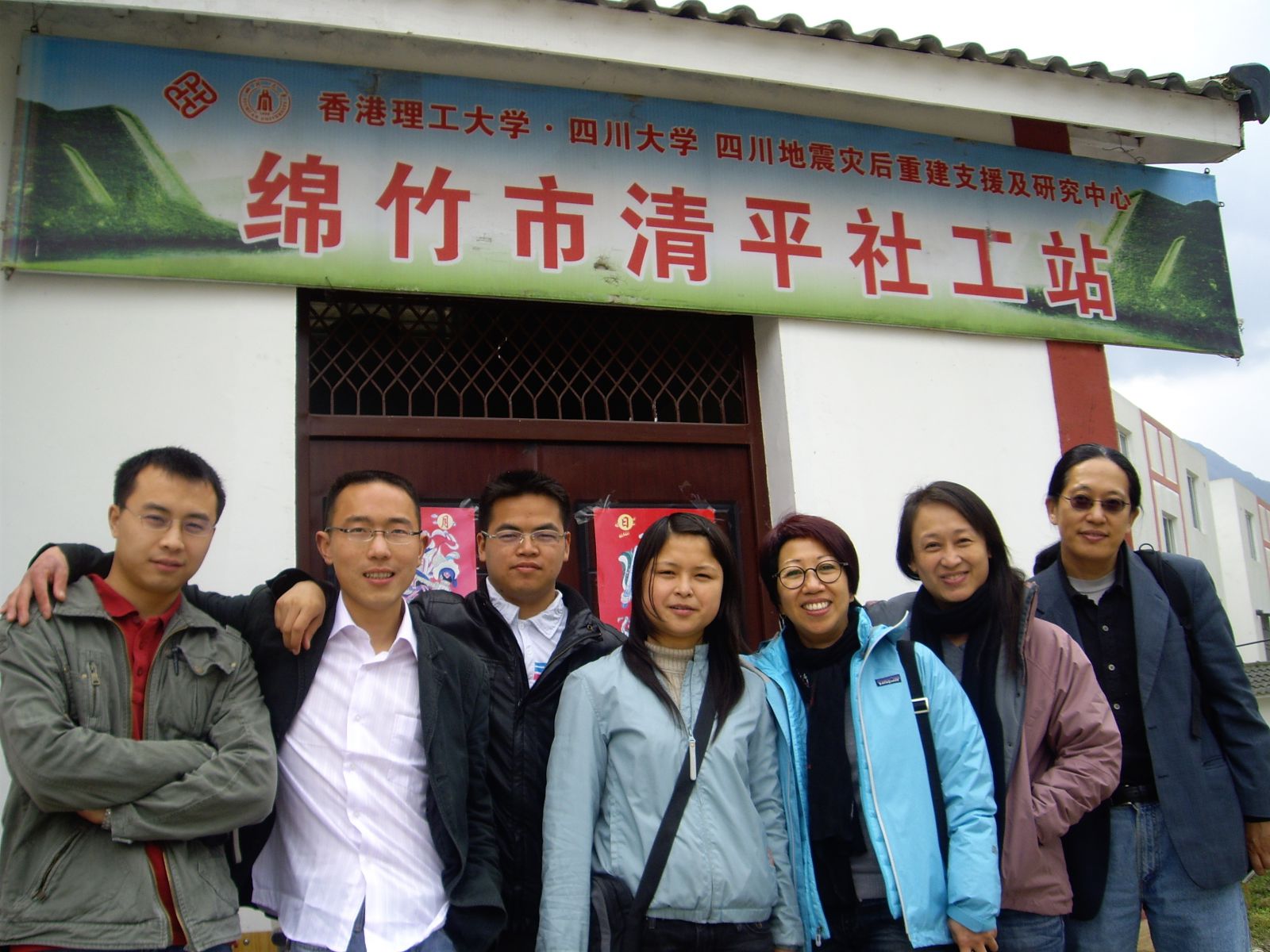
Building Disaster Response Capacity in Public Health
While Asia is one of the most disaster-prone regions in the world, there is only limited region-specific research in relations to the role of public health and medicine in disaster response and management.
In order to improve preparedness for future disasters and mitigate the resulting adverse impact, the School of Public Health and Primary Care at the Chinese University of Hong Kong initiated a research project to develop case studies of public health issues resulting from major natural disasters. Modeled on the concept of case-teaching methods in the research and teaching of disasters and humanitarian studies, the project is led by Professor Sian Griffiths and Professor Emily Chan.
The study examines medical and public health responses to recent major disasters in Asia and their complex emergency situations. The results of the project, including a set of case studies, will be shared among academic, research and policy professionals, and are expected to contribute to the body of knowledge currently available and stimulate further discourse. They will enhance knowledge and understanding of key issues in disaster response and training in the region. The outcome is intended to be used for teaching and as academic references for future research and historical referencing purposes. Also in the plan is a series of public seminars at which public health professionals and academia will be invited to share their experiences in public health and medicine in disaster and humanitarian response.
Heading 02
Photos Grid for Heading 02
- Tab 1
- Tab 2
- Tab 3
Inside Tab Heading 01 H4







